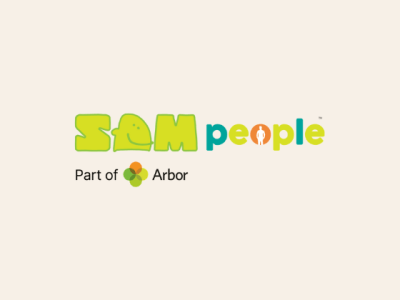By Sara-Jane Millar (Principal Policy Officer for the Greater London Authority, UFSM Policy & Strategy), Hamish Child, Hazel Scourfield, Ulrik Street-Poulsen and Phil Bell (Arbor’s Data Team)
–
Background to the London scheme
In 2023, the Mayor of London committed to fund Universal Free School Meals for all state-funded primary school pupils, as a one-year cost-of-living policy intervention.
To measure the success of the scheme and build on current evidence from London and other regions, the Mayor committed to support monitoring and evaluation of the UFSM programme. You can find more information about the programme and our approach on the GLA (Greater London Authority) website.
–
Understanding meal uptake
To assess the impact of the scheme, the GLA needed to understand the proportion of pupils taking Free School Meals. In particular, they wanted to identify any trends among specific pupil groups throughout the year, and how this compared with the year before the Mayor’s initiative was introduced.
–
Where does Arbor come in?
Over 6,800 schools use Arbor to manage their core operations and data, such as taking attendance, communications with parents, tracking behaviour and logging assessments. With all their data in one place in Arbor, schools and government have a better, holistic understanding of how education is being delivered across the country, in real-time.
235 of these schools are London primaries, representing over 42,000 students. We could therefore provide the GLA with the historic (anonymised) data they needed, without increasing the burden on schools to do so themselves.
–
How did we work with the GLA?
To give the GLA live insights, we built a bespoke dashboard, which surfaces data to the GLA at the end of all three school terms The Arbor Dashboard shows aggregated meals data split by Local Authority, Year Group, Dietary Requirements, SEND status, Gender, Ethnicity and Religion. This gave the GLA the tools they needed to identify termly trends, such as uptake in boys vs girls, meal types such as vegetarian, and differences across year groups.
The live aspect of the data allows Arbor to provide the most up to date picture for the GLA. For understanding of uptake trends during the school term, the GLA can access real-time data which informs internal delivery and external press releases.
This is one of the first projects of its kind, where live, non-statutory English educational data has been used to evaluate policy in real time. It points towards the huge potential for live national education data across a range of domains to be used by governments to shorten feedback loops and support more iterative policy roll-out.
–
Using Arbor’s data to shape policy
The Arbor termly data trends have been fundamental to understanding meal uptake amongst pupils and specific groups across the city. All the data is corroborated with other qualitative sources of information on a termly basis, gathered by the GLA and external evaluation partners. The combined analysis and resulting trends have helped shape the support offered to boroughs and schools.
In January, the government announced that the Mayor will continue to fund Universal Free School Meals for primary school children, pledging £135m in 2023.4 and £140m in funding for 2024/25. Over the past two terms, more than 32m Free School Meals have been funded.







Leave a Reply